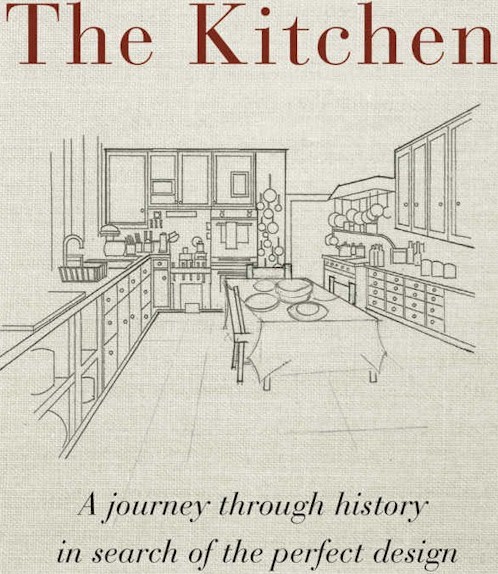An interview with the Chicago culinary icon
conducted by award-winning foodwriter and publisher
Michael Gebert
View presentation on Facebook and YouTube
Recipes: Artichoke Fritters and Fudgy Flourless Chocolate Cake
The following information appeared in The Chicago Food Encyclopedia, University of Illinois Press, 2017, and was authored by Barbara Revsine.
Gordon Sinclair was working in public relations when a psychic predicted he would become a famous restaurateur. After working part-time as a maître d’ to see whether he liked it, he opened his flagship restaurant Gordon in 1976. Continue reading

